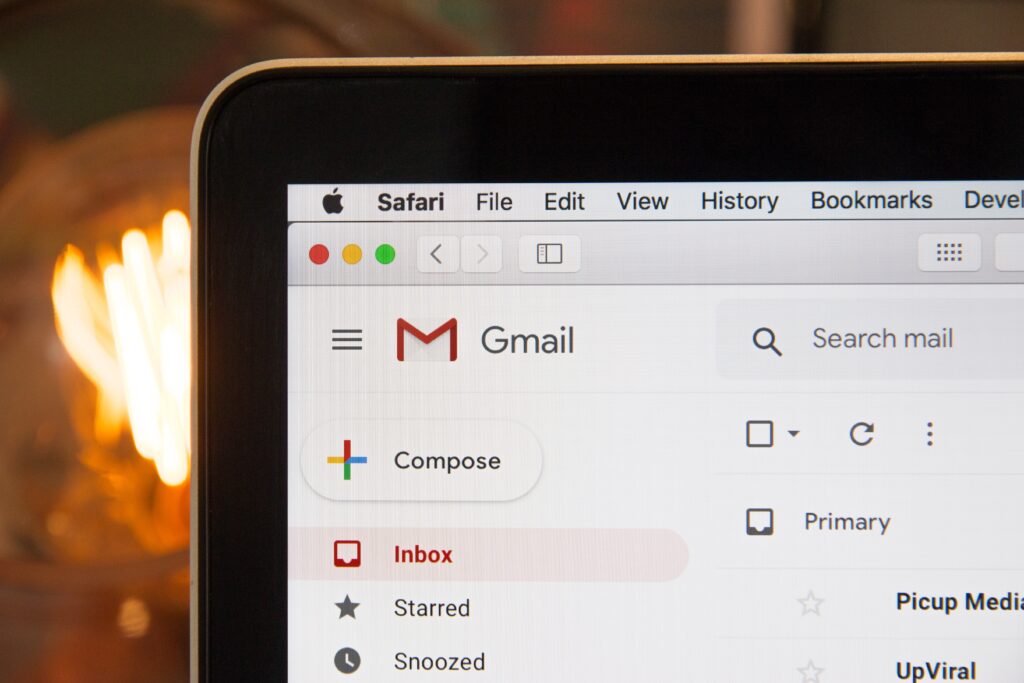The Query Letter (Today, Likely a Query Email)

When you hear a tidbit of intriguing information, do you find yourself wanting to talk to the people involved—to get the story behind the story? Does your definition of happiness include researching? When you stand in line at the grocery store, do you long to see your name as a byline on one of those glossy magazines near the cash register?
Perhaps you’ve even gone as far as contacting a magazine editor with an idea, but you either received a rejection letter or never heard back. Well, first of all, you’re not alone. That happens to everyone who writes for magazines.
You may wonder what is standing between you and success, and the answer may well be the query letter—which is just a fancy way of describing a letter or email that shares your idea for an article along with why you’re the perfect person to write it. This post will hopefully shed some light on how to write a query letter to a magazine editor in a way that will capture his or her attention.
Before Writing the Query Letter
It’s crucial that you make sure your idea is a good match for a publication—and not just in a general sense. One fitness magazine, for example, may appeal to hard-core fitness fanatics while another may offer tips for people who are new to exercising. An article that fits well in the first magazine will be a major fail in the second and vice versa.
Read writer’s guidelines, often available online, and take a look at the publication itself so that you don’t suggest an idea that was recently covered by a magazine. Once you’re sure that you’ve brainstormed a well-targeted idea for a particular publication, review the guidelines to make sure that you’ll be providing exactly what the editor wants in the query, and verify that you have the right editor’s name (this may make take a phone call or at least a look at the current issue).
Elements of a Successful Query
Start your query with the most compelling piece of information you have. It may be a startling new statistic, a quote from someone that sheds a different light on a subject, or the name of a prestigious expert that you’ve secured for the article and his or her outlook on the topic. Present the editor with the best you’ve got in the opening paragraph, making sure that your unique angle is clear and persuasive. Then use the next paragraph or two to flesh out your idea.
After that, use a paragraph or two to share why you are the best person to write this article. If you’re well published in another area, perhaps your experience is the strongest selling point. Or, if you’re an expert in the field being covered, that might be the most effective way to persuade the editor to say yes. Or if you’ve got access to experts or information that isn’t easy to obtain, highlight that advantage.
Use a confident tone–but not an arrogant one. Don’t emphasize your weaknesses, but be truthful when sharing your strengths. Use good manners, grammar, punctuation, and spelling. Sell yourself and your idea–but don’t be obnoxious. If you get a “no,” see if you can re-slant your idea for another publication and/or audience. Persistence pays.
Best of luck!